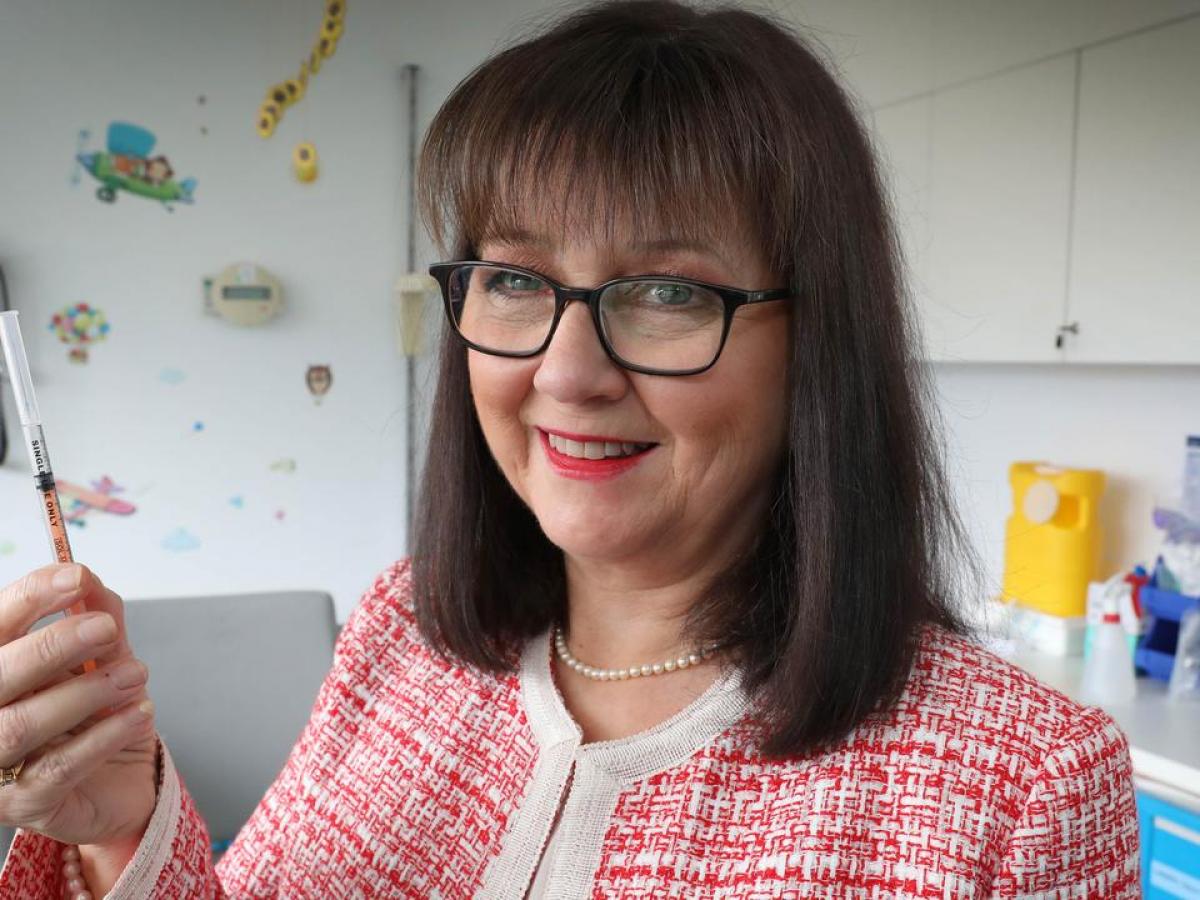Study turns up surprise bonus in meningococcal B vaccine

Professor Helen Marshall. Picture Dean Martin
A world-first SA vaccination program against a dangerous virus has produced a surprise side bonus – it’s also highly effective against another disease.
South Australia’s free meningococcal B immunisation program provides an unexpected bonus - protection against gonorrhoea.
A joint study by the Women’s and Children’s Health Network (WCHN) and University of Adelaide evaluated the program and found it was highly effective in protecting high-risk age groups.
The program has been able to maintain long-term effectiveness against meningococcal B in infants and adolescents with a 63 per cent reduction in meningococcal B cases among infants and a 79 per cent drop in cases for adolescents.
The study found it significantly reduced the risk of contracting meningococcal B disease, by 91 per cent in the childhood program and 84 per cent in the adolescent program.
The study also found the vaccine provided protection against gonorrhoea - researchers concluded it was about 33 per cent effective in preventing gonorrhoea in teenagers.
Researchers believe the one vaccine can provide protection against the two very different diseases due to cross-protective antibodies, as the meningococcal and gonococcal bugs share 90 per cent of their genes.
SA’s world-first Meningococcal B Immunisation Program was introduced for infants aged under four years in October 2018, before being rolled out four months later to include adolescents aged 15 to 20 years.
In July 2021, the program was permanently added to South Australia’s immunisation program for babies and young people.
Free meningococcal B vaccinations are available for children at six weeks, four months and 12 months of age, with adolescents in year 10 also eligible for a free course consisting of two doses, eight weeks apart.
WCHN Clinical Research Director Professor Helen Marshall noted meningococcal B was a rare but serious illness that can cause meningitis and sepsis, potentially leading to permanent disability such as brain injury, deafness, loss of limbs or even death.
“It can affect all age groups but is most common in children under five years old and in young adults aged 15 to 24 years old,” she said.
“The results of the study are reassuring because they prove vaccines like this are having a profound protective effect on infants and young people.”
WCHN and University of Adelaide postdoctoral researcher Dr Bing Wang said the study showed the immunisation program has been “incredibly effective at preventing the illness in
these age groups, which is largely due to the willingness of the community to get vaccinated and protect their babies, children and adolescents from the disease”.
“We are pleased that the vaccine program has been able to maintain its effectiveness at this incredible rate,” Dr Wang said.
SA Health notes fever in children aged under two years is a common and expected adverse event after vaccinations, and paracetamol was recommended with every dose for those aged under two years.
See sahealth.sa.gov.au/MenBProgram
This story originally appeared in The Advertiser, 3/7/23
